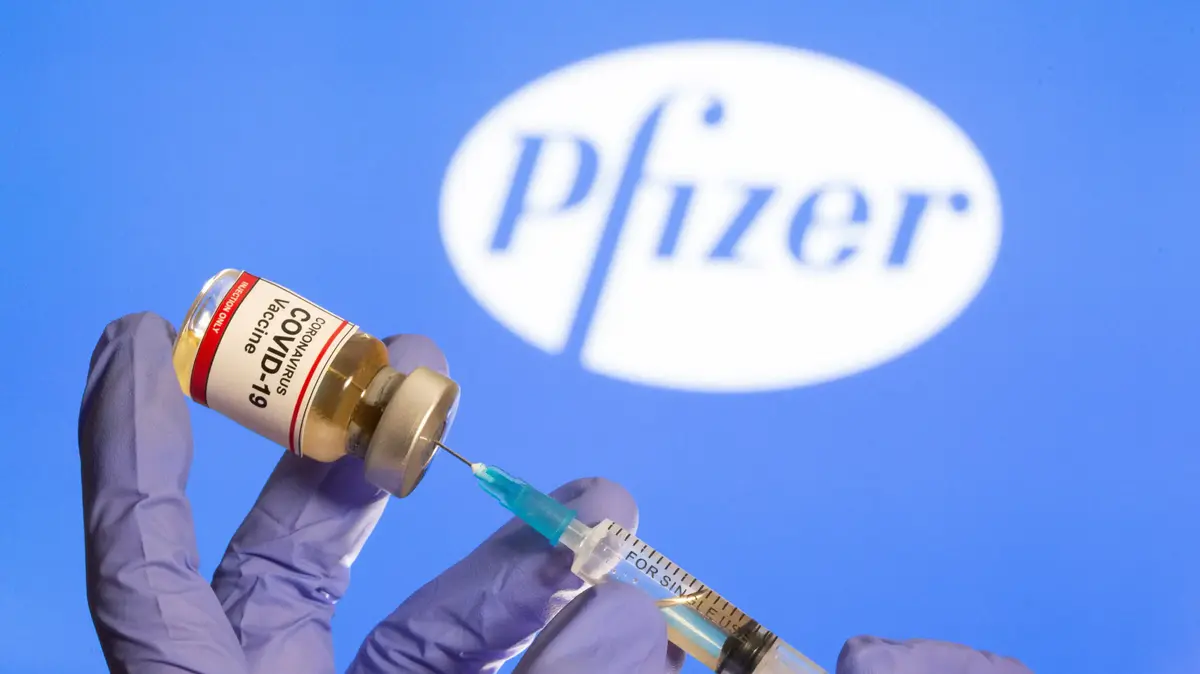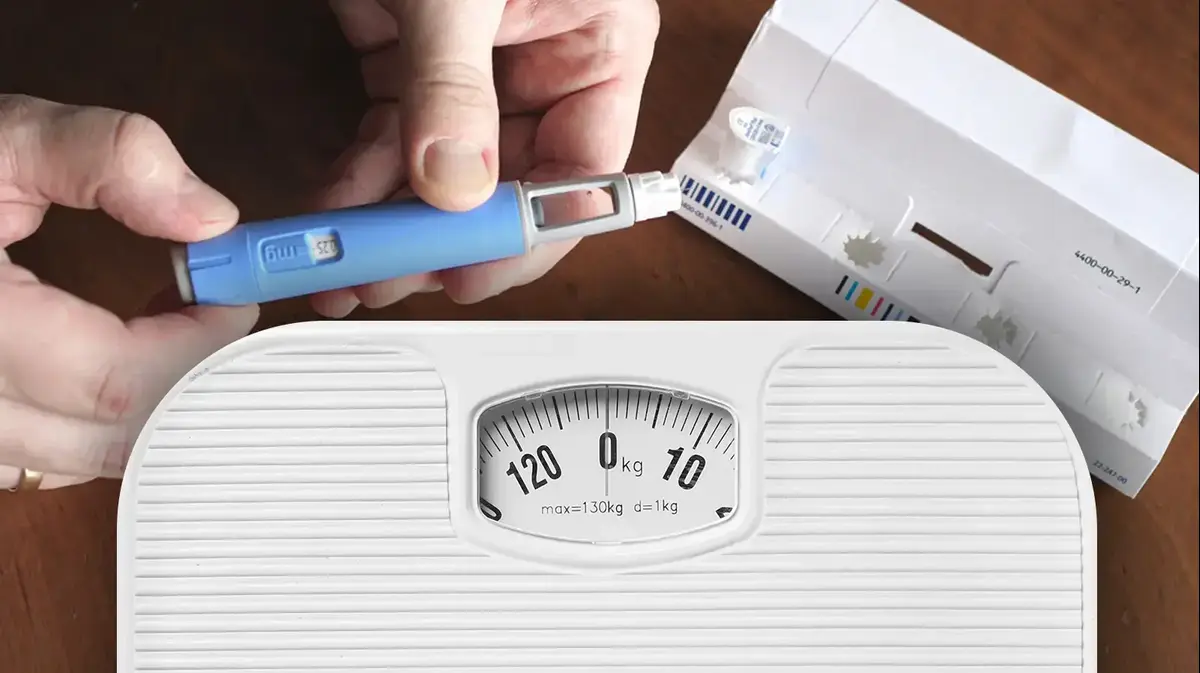The drug companies' agreements with the Ministry of Health and HMO require regular and tight monitoring of the office over which they are • Meanwhile it is loose • Interpretation
Minister Litzman and Prof. Rothstein. Hard work and challenging // Photo: Oren Ben Hakon
Thursday, the 2020 Drug Basket Committee completed its work and submitted its recommendations to the Ministry of Health and the Government: The introduction of 141 new drugs and medical technologies into the state health basket, including treatments for about 200,000 patients in most types of diseases.
The new drug budget was set at NIS 500 million. As in previous years, this year's committee work has been very difficult and challenging in view of the sharp, often excessive increase in prices demanded by pharmaceutical companies, given the positive trend in scientific and medical progress in some fields of medicine, and in light of the media's public attention to the committee's work, which is only increasing year by year.
Dr. Keren Gonen from the Brain Cancer Society and the Chair of the Hessel Committee, Prof. Rothstein
The committee has been able to record major achievements in the introduction of very important essential drugs, which may bring healing and healing to tens of thousands of patients. She did so through massive, sometimes aggressive, direct pressure exerted by committee chair Prof. Zeev Rothstein, director of Hadassah Hospitals in Jerusalem, on pharmaceutical companies.
He demanded that they lower prices, threatened, and also threatened not to introduce drugs that were overpriced or as high as the price of the previous committee chair, Prof. Ronnie Gamzo, nicknamed "Pig Price." Rothstein noted this as a very impressive success. The way to the next committees, however, is also very difficult problems that have not been resolved this year.
Small budget to update
When the committee's last hearing day began, drug applicants totaled about NIS 800 million, and then the committee began another, difficult and particularly painful solicitation of drugs that would not go in to reach the supplementary budget: NIS 500 million, the same budget for the past three years. Thus, no drugs were entered into the basket that the committee defined as particularly important.
For many years, senior ministry officials have been saying that the basket's annual update must be between NIS 800 million and NIS 1 billion, and this year's discussions have once again shown how necessary a regular increase in the new supplement's budgeting is.
One of the patients whose critical cure for the rest of his life did not enter the basket (Friday time!) Is Ilan Eliyahu, whose struggle was revealed in November in "Israel Today." Eliyahu (51), a member of a general health fund, is diagnosed with the rare MORQUIO disease, which causes the most severe injuries to all body systems and can lead to death at an early age. A new drug called Vimizim (VIMIZIM) is bringing patients into dramatic improvement, according to research and evidence.
Ilan struggles to get the drug, Clalit refuses, and four other patients in Clalit receive the drug as a result of a ruling. About ten other patients receive the drug under Maccabi's special supplementary insurance.
But the basket committee was, and not for the first time, indifferent to this outrageous discrimination among patients in Israel, and also failed to drastically lower the high price of the drug with the pharmaceutical company. Ilan accepts the drug as a temporary donation from the pharmaceutical company.
The secret agreements
Drug prices have been the Commission's main problem, and it has had several ways to deal: direct pressure from the committee's chairman on drug companies to lower prices, a genuine refusal to put in a basket of drugs at exorbitant prices, and signing "risk-sharing" agreements in which drug companies agree to lower prices and fund The same for patients over a certain preset quota.
These agreements also allowed the introduction of dozens of new and very expensive drugs this year into the drug basket for the benefit of tens of thousands of patients. However, the Ministry of Health and the basket committee insist on continuing to conceal these agreements from the public. So much is the secrecy of the Ministry of Health that in the publication of the basket committee on Thursday, these agreements were completely hidden.
Thus, again, misleading and misleading partial information was provided to the public regarding the true cost of the new drugs entering the basket, and in relation to the direct involvement of the drug companies in financing the basket.
The agreements of the pharmaceutical companies with the Ministry of Health and the HMOs require regular and tight monitoring by the Ministry of Health of the HMOs. So far, the ministry has shown that this control is very loose and partial. These agreements also strengthen the business and medical relationship between pharmaceutical companies and senior physicians and managers at the health funds.
In this area too, regular monitoring is required of the Ministry of Health, which has not yet shown sufficient seriousness. The agreements also include quotas for patients, according to which the new drug funding is distributed between the HMO and the pharmaceutical companies, which could create a situation whereby HMOs try to regulate, manipulate and prevent the delivery of new drugs to some patients who need them.
The Drug Basket Committee has submitted its recommendation to Health Minister Litzman // Photo: Ami Shamir
There have already been serious complaints that health funds are trying to prevent patients from receiving new and expensive drugs, even though they have entered the basket, and not always the Ministry of Health is taking these complaints seriously and quickly. Because of all these, the Ministry of Health and the basket committee must not continue to conceal the agreements.
The box office manipulations
One of the most difficult problems of the drug basket is the manipulations, secrets and hiding around the health funds budgeting for the new drugs. These manipulations are increasing because the Ministry of Health has failed miserably and disgracefully in supervising and controlling the health funds, and they are in fact conducted without any significant intervention by the Ministry of Health's management and the basket committee.
Certainly, control could have resulted in efficient use of cumulative money as a result of their medication misuse, and it is also essential to see if the patients who need the new and expensive drugs actually receive them from the health fund. It is known that thousands of patients a year complain that they did not receive medication from the health funds, even though they are included in the basket.
The confidential protocols
In November 2019, "Israel Today" test revealed that, contrary to the statements and promises, the Ministry of Health and the Medicines Basket Committee have been hiding from the basket of the basket for months and years. Posting time could have taught you the reasons and discussions.
The Israel Today investigation also revealed that for about two months, the Ministry of Health and the Drug Basket Committee had been hiding information about the committee's "proper disclosure" about their relations with the pharmaceutical companies.
The information was published only following the request of "Israel Today" and two months after the committee's first hearing, and after three intensive work meetings of the committee, and requests for bringing in dozens of new and expensive drugs have already been discussed. Following the exposure, the Ministry of Health has published some of the hidden protocols, but the concealment surrounding the basket discussions is still very strong.
Violating freedom of the press
The press coverage of the drug basket committee hearings is exceptionally limited: health officials are invited to review the committee hearings, but undertake not to cite or attribute what is said in the committee to specific committee members on their behalf or in connection with their affiliation. In addition, during the last two days of the committee's deliberations, journalists were prohibited from publishing the final decisions made until the official publication at a press conference.
This is how journalists, including those who sign these lines, agree to be secret partners without disclosing the secrets to the public. In doing so, we are elevated to our position and submit to the outrageous dictates of the Hessel Committee and the Ministry of Health. A similar procedure does not exist today in any other public mechanism, and it is time to dismantle this undemocratic arrangement that infringes on freedom of the press and the public's right to know.















